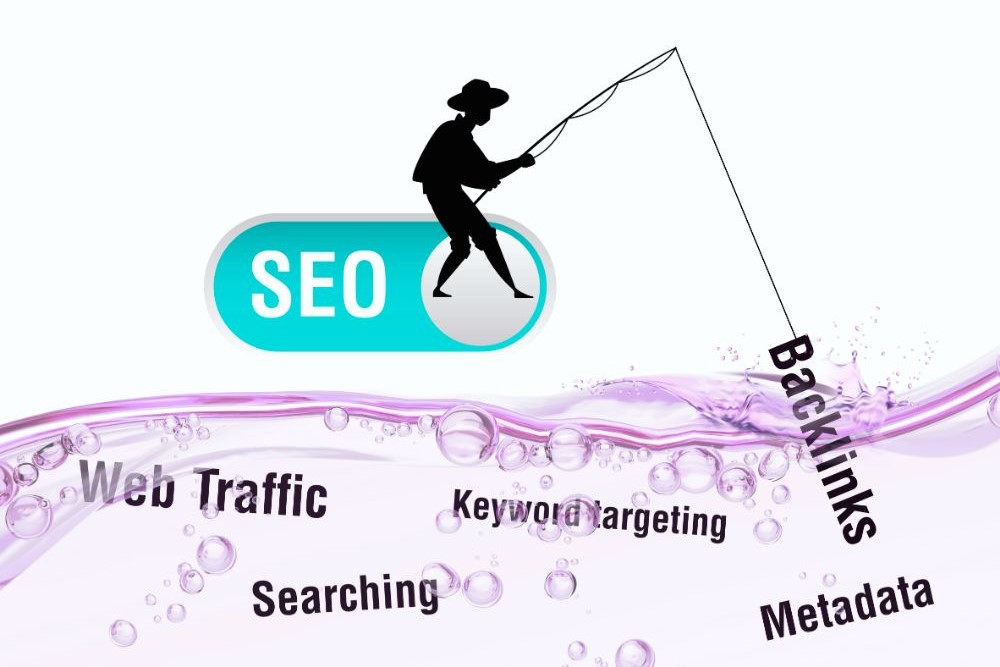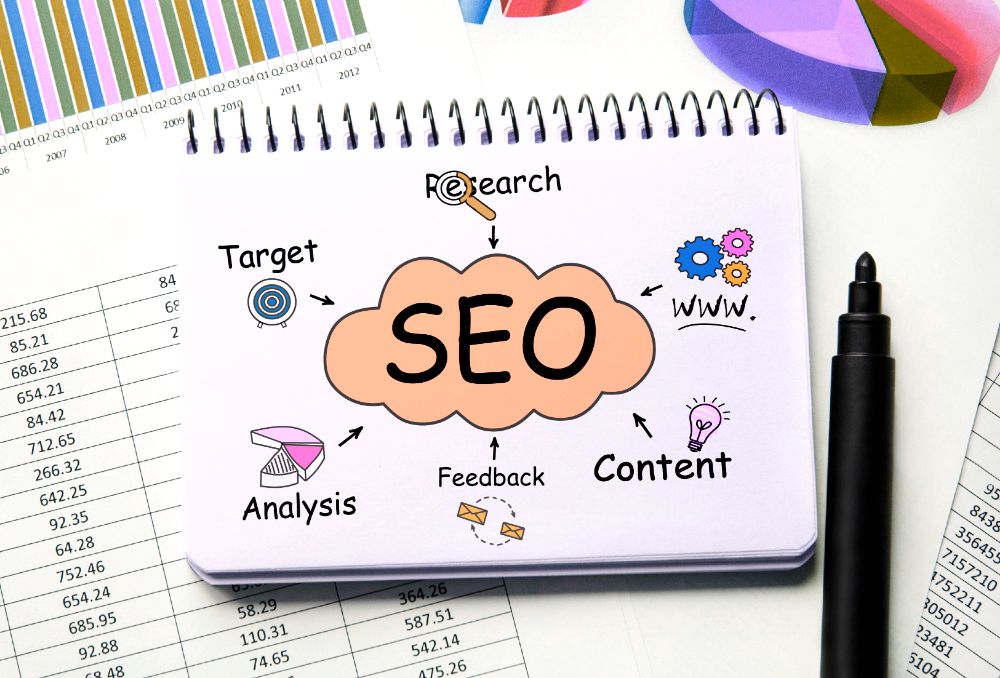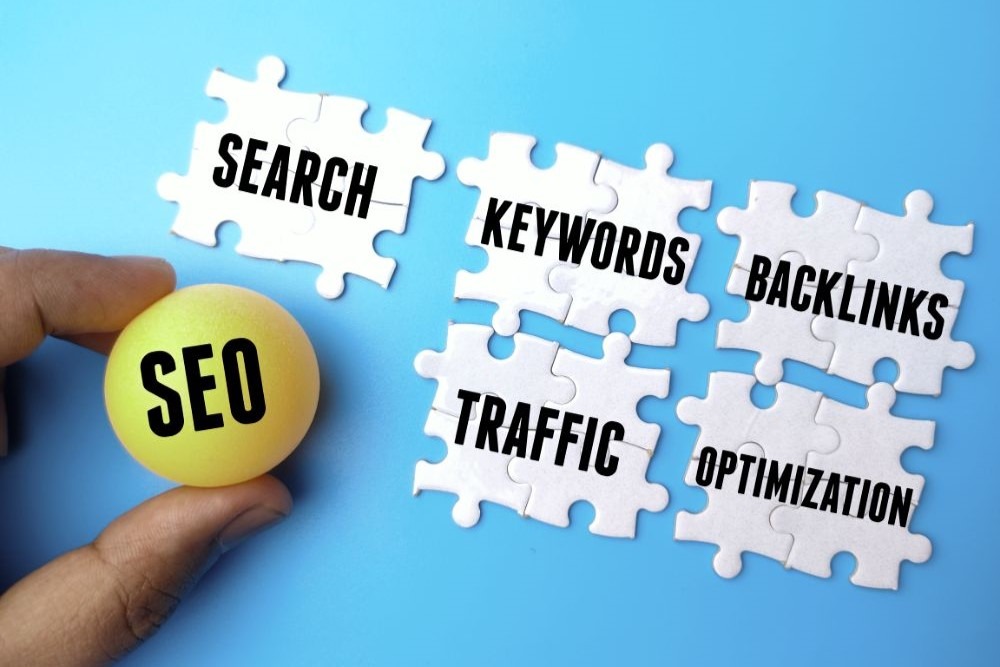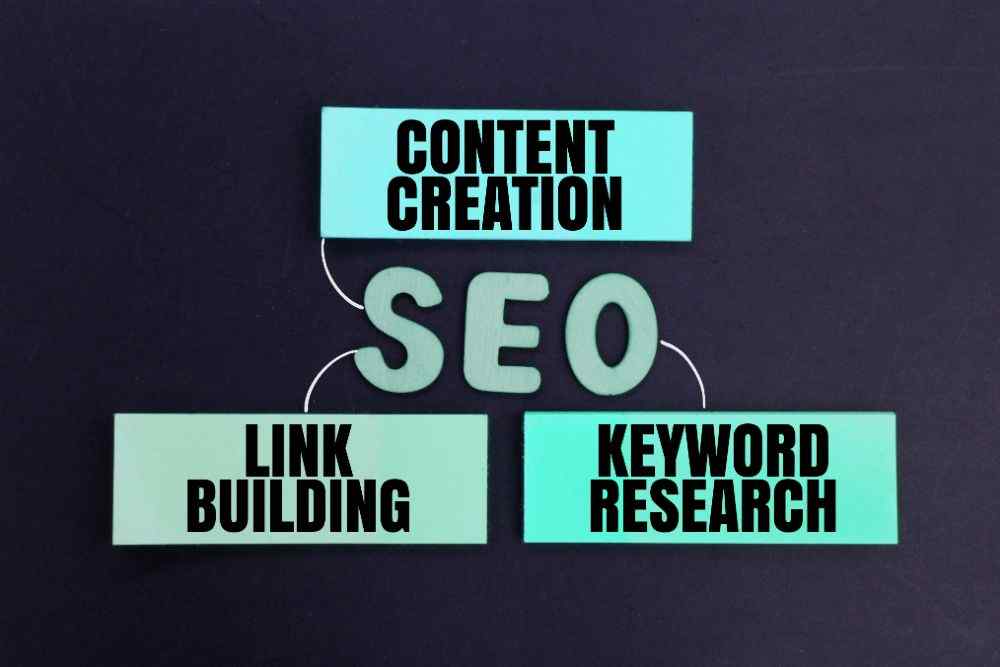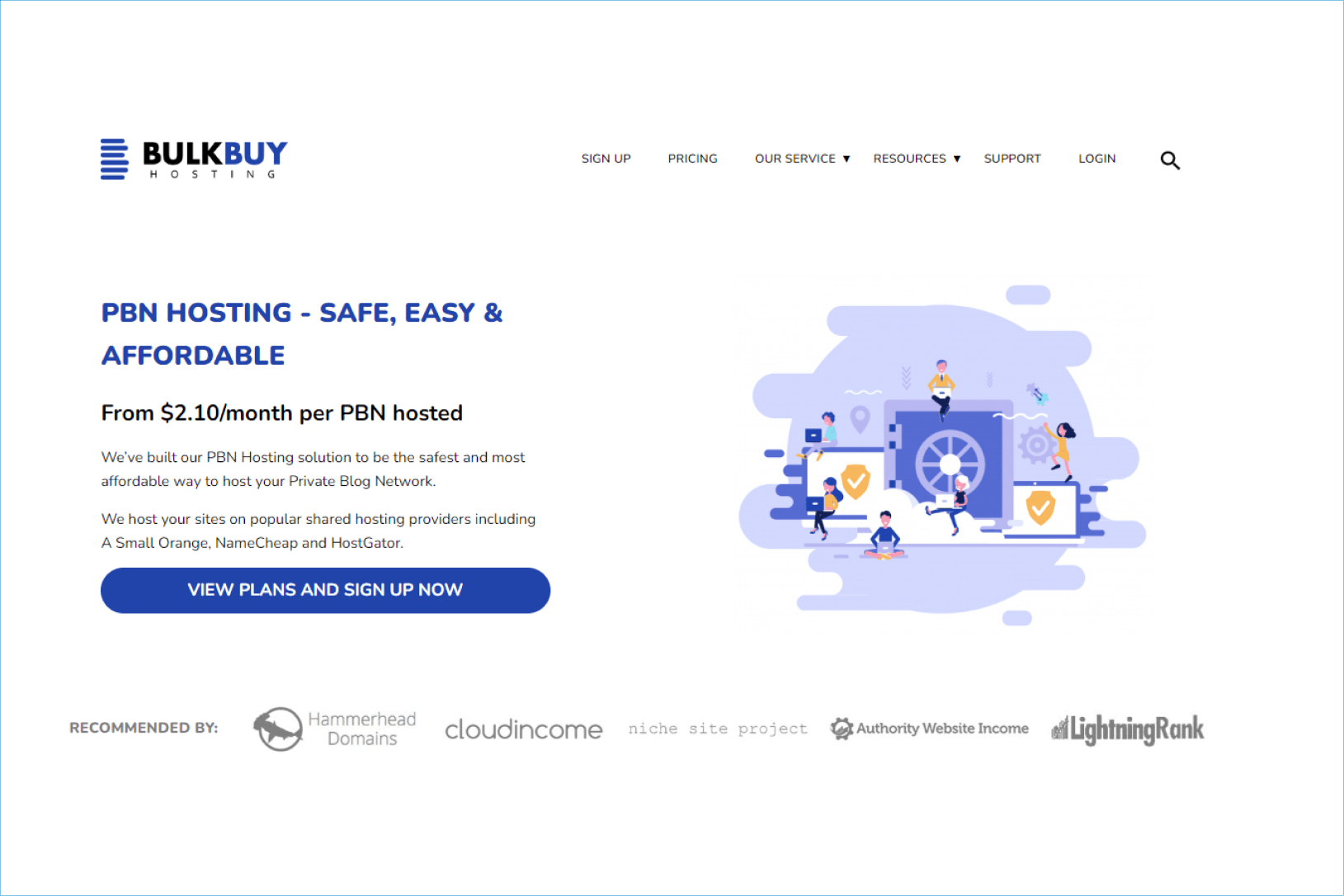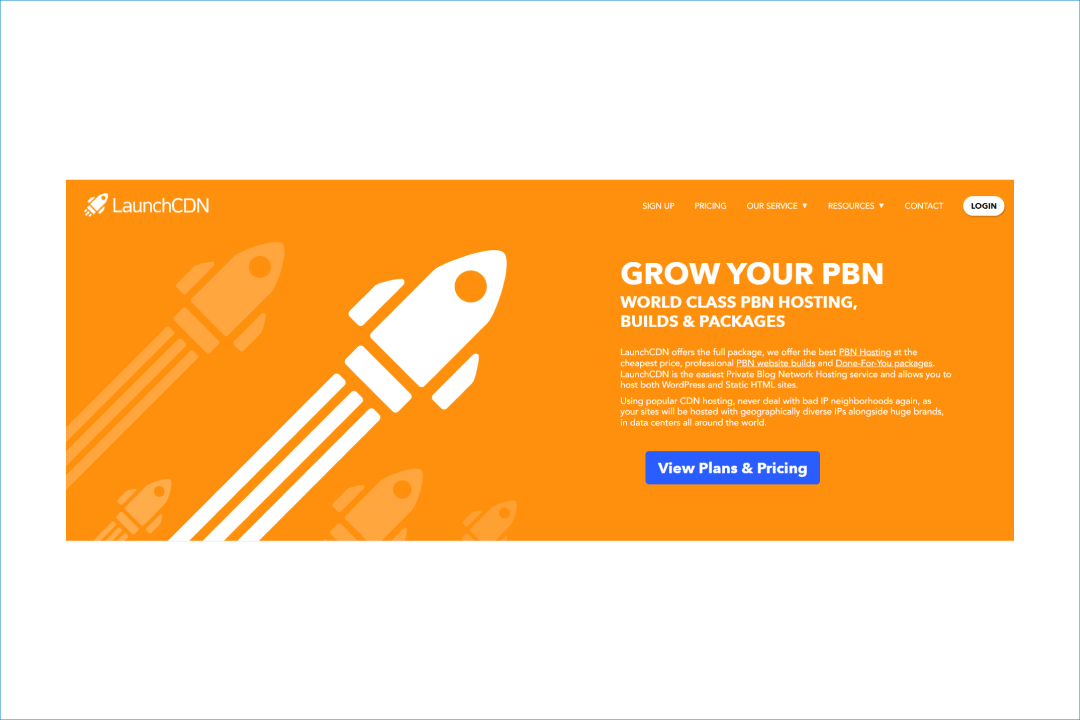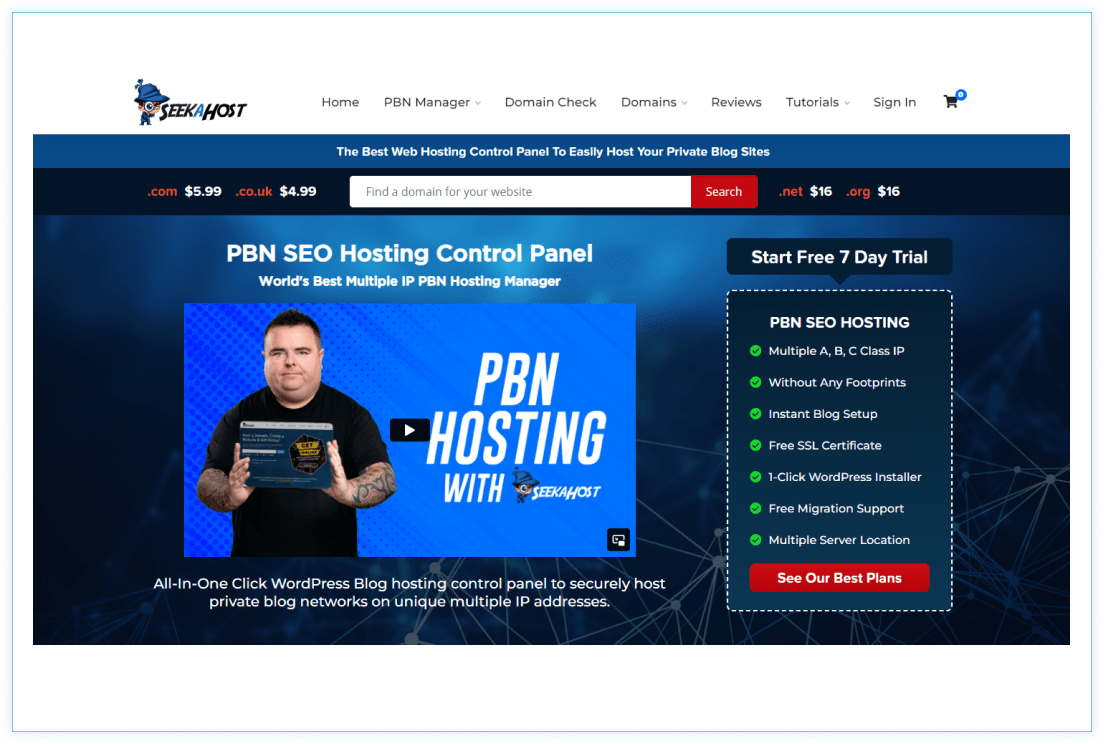
Search Engine Optimization (SEO) is a critical strategy for increasing sales in the digital marketplace. By optimizing a website for search engines, businesses can enhance their visibility, attract more qualified traffic, and ultimately boost sales.
This article outlines the key methods through which SEO can be used to improve sales performance.
Key Takeaways
- Identifying and strategically using relevant keywords in website content is essential for improving search engine visibility and attracting targeted traffic.
- Producing engaging, informative, and regularly updated content helps establish authority, reducing bounce rates and increasing the likelihood of conversions.
- Ensuring a website is fast, mobile-friendly, secure, and well-structured improves user experience and search engine rankings, contributing to higher sales.
- Gaining high-quality backlinks from reputable sources enhances a website’s authority and search engine ranking potential, driving more traffic.
- For businesses targeting local markets, optimizing for location-based searches through tools like Google My Business and creating localized content can significantly boost local visibility and sales.
How SEO Can Impact Your Sales
Search Engine Optimization (SEO) involves optimizing a website to rank higher in search engine results pages (SERPs). Higher rankings generally lead to more visibility and traffic. The core components of SEO include keyword research, on-page optimization, technical SEO, content creation, and link building. Each of these elements contributes to a website’s overall searchability and user experience, which are crucial for converting visitors into customers.
Using SEO content can be an effective method of increasing sales by serving as a strategic customer acquisition channel. It’s critical to perform extensive keyword research to distinguish what your target audience is looking for online. Once this is understood, creating content that incorporates these keywords can draw a larger audience to your website, potentially leading to higher sales.
However, creating content is just the first step. Implementing on-page and off-page SEO strategies can improve your website’s visibility, leading to increased organic traffic. Building backlinks from trustworthy sources and continually refining your SEO tactics can gradually improve your search engine rankings. As a result, this can lead to an increase in conversions and sales.
Therefore, SEO content isn’t merely a marketing tool, but a potent mechanism to enhance sales.
How to Increase Sales Using SEO
As we already pointed out, SEO is a powerful tool for increasing sales by improving a website’s visibility in search engine results.
Let’s dive into the key methods for using SEO to boost sales:
Perform Thorough Keyword Research
Effective SEO begins with comprehensive keyword research. Identifying the right keywords that potential customers use when searching for products or services is crucial. Here’s how to do it:
- Use Keyword Research Tools: Tools like SEMrush or Ahrefs can help identify relevant keywords with high search volumes and low competition.
- Analyze Competitors: Examine the keywords your competitors are ranking for and consider targeting similar terms. To learn how to beat your competitors in SEO, read this article: https://quirk.biz/how-to-beat-competitors-at-seo/.
- Long-Tail Keywords: Focus on long-tail keywords, which are more specific and often less competitive, leading to higher conversion rates.
Optimize On-Page Elements
On-page SEO involves optimizing individual web pages to rank higher and earn more relevant traffic. Key on-page elements include:
- Title Tags and Meta Descriptions: Craft compelling and keyword-rich title tags and meta descriptions to improve click-through rates (CTR).
- Header Tags (H1, H2, H3): Use header tags to structure your content and include keywords where relevant.
- URL Structure: Ensure URLs are clean and include targeted keywords.
- Image Alt Text: Optimize images with descriptive alt text that includes relevant keywords.
Create High-Quality Content
Content is vital for SEO. Producing high-quality, relevant content helps attract and retain visitors, positioning your business as an industry authority. Steps to create effective content include:
- Answer Customer Questions: Develop content that addresses common questions and pain points of your target audience.
- Regular Updates: Keep content fresh and updated to maintain relevance and authority.
- Diverse Content Formats: Use various formats, such as blog posts, videos, infographics, and podcasts, to engage different audience segments.
Improve Technical SEO
Technical SEO focuses on the backend elements of your website that affect search engine rankings and user experience. Key aspects include:
- Site Speed: Ensure your website loads quickly. Tools like Google PageSpeed Insights can identify areas for improvement.
- Mobile Optimization: With increasing mobile usage, ensure your website is mobile-friendly. Use Google’s Mobile-Friendly Test to check.
- Secure Site (HTTPS): Implement HTTPS to secure your website and build trust with users and search engines.
- Structured Data: Use schema markup to help search engines understand your content and enhance search result listings with rich snippets.
If you want to learn more, read our article How User Experience Affects SEO.
Build Quality Backlinks
Backlinks from reputable websites signal to search engines that your content is valuable and trustworthy. Strategies for acquiring quality backlinks include:
- Guest Blogging: Write articles for authoritative websites in your industry to gain exposure and backlinks.
- Create Shareable Content: Develop content that is valuable and share-worthy to naturally attract backlinks.
- Broken Link Building: Identify broken links on other websites and offer your content as a replacement.
Optimize for Local SEO
For businesses with a local presence, optimizing for local SEO can drive targeted traffic and increase sales. Key tactics include:
- Google My Business: Claim and optimize your Google My Business listing to appear in local search results and Google Maps.
- Local Citations: Ensure your business information is consistent across online directories.
- Localized Content: Create content tailored to local interests and events to engage the local audience.
Monitor and Analyze Performance
Regularly tracking and analyzing SEO performance is crucial to understand what works and where improvements are needed. Tools like Google Analytics and Google Search Console provide valuable insights. (I recommend you to read about SEO audit)
Key metrics to monitor include:
- Organic Traffic: Measure the number of visitors coming from search engines.
- Bounce Rate: Track the percentage of visitors who leave your site after viewing only one page.
- Conversion Rate: Monitor the percentage of visitors who complete desired actions, such as making a purchase.
- Keyword Rankings: Keep an eye on the rankings of your targeted keywords.
Conclusion
SEO is a multifaceted approach that, when executed effectively, can significantly increase a business’s sales. By focusing on keyword optimization, creating high-quality content, enhancing technical aspects, building valuable links, and optimizing for local searches, businesses can improve their online visibility and attract more potential customers. Effective SEO is an ongoing process that requires regular monitoring and adaptation to remain competitive and achieve long-term success.


























